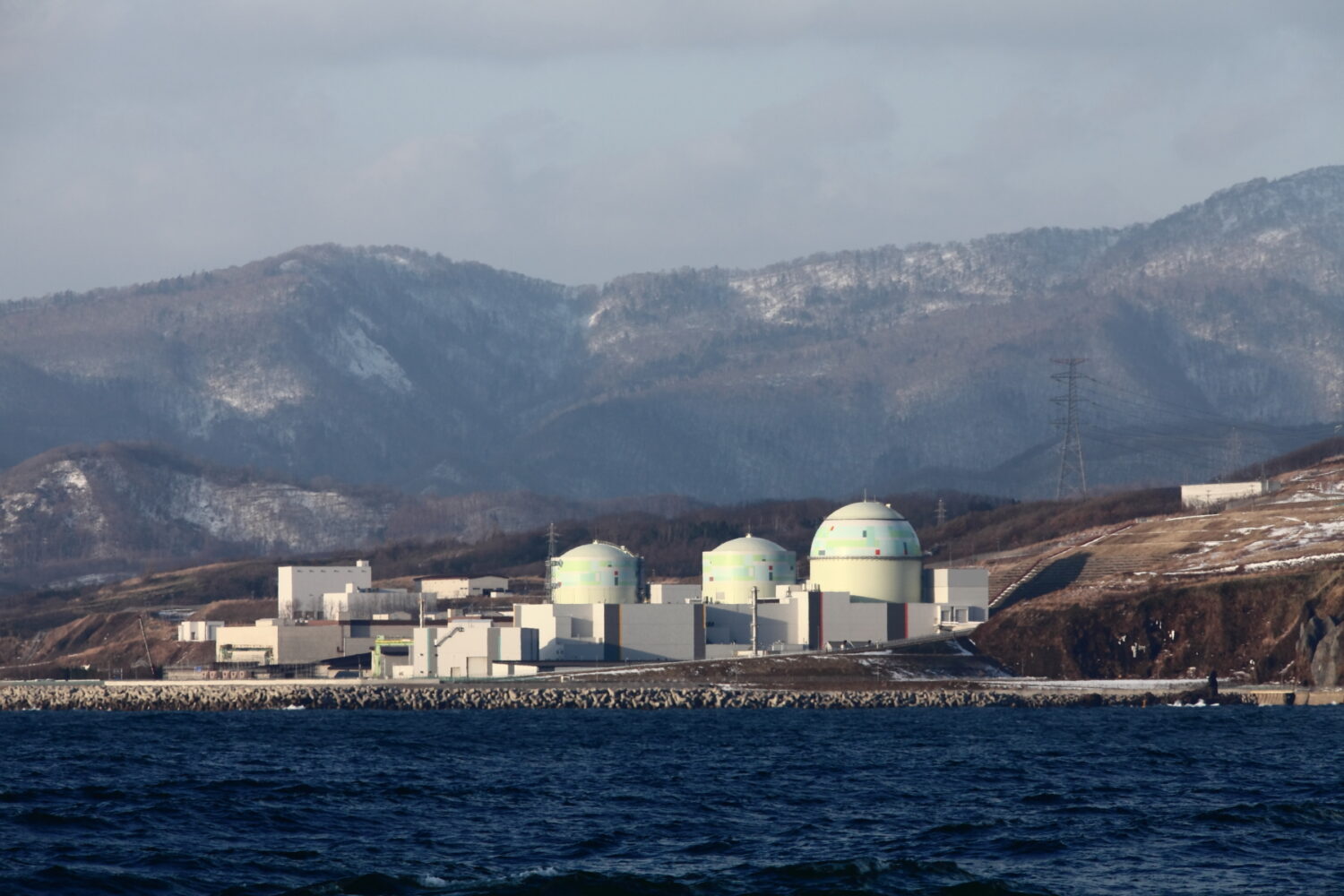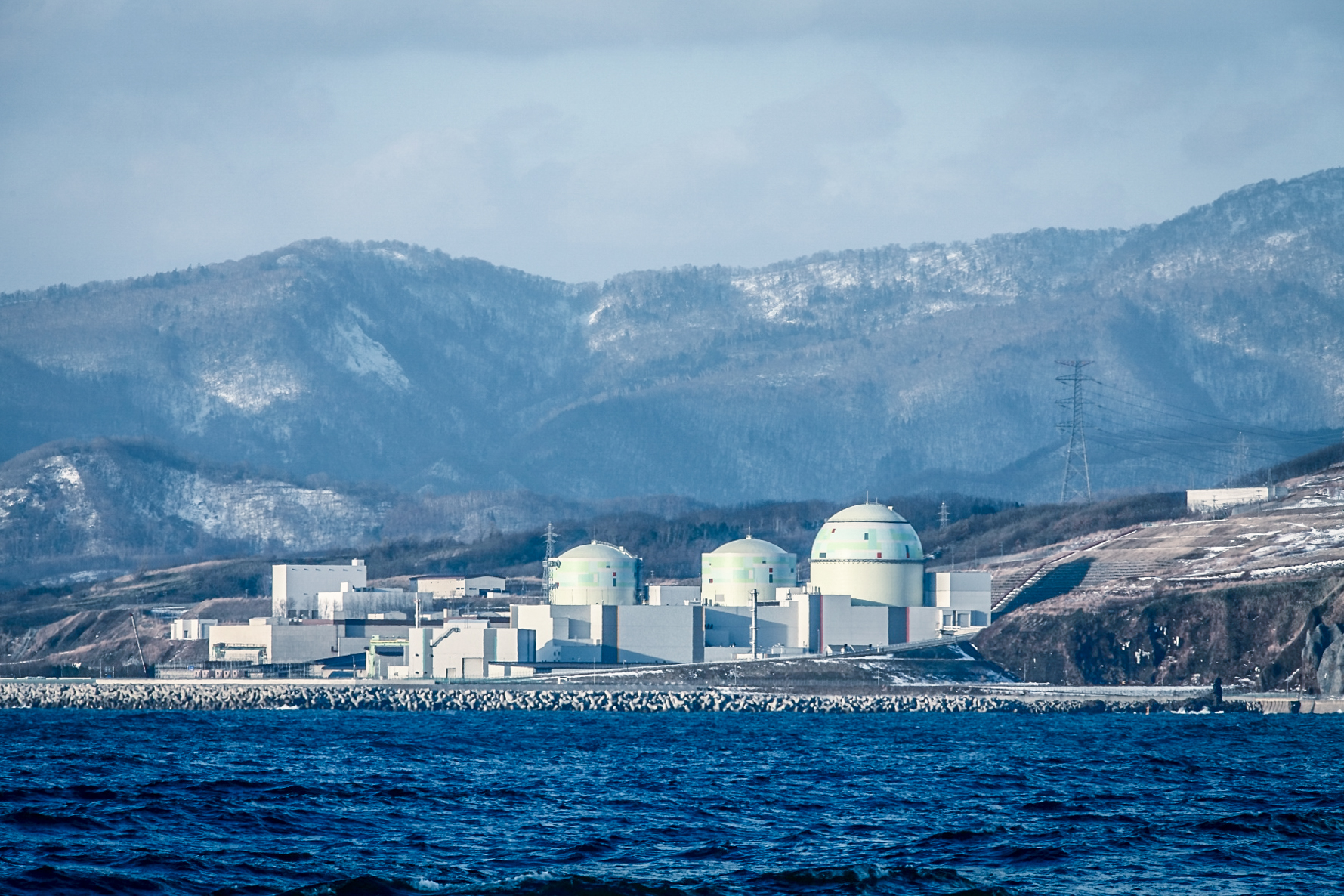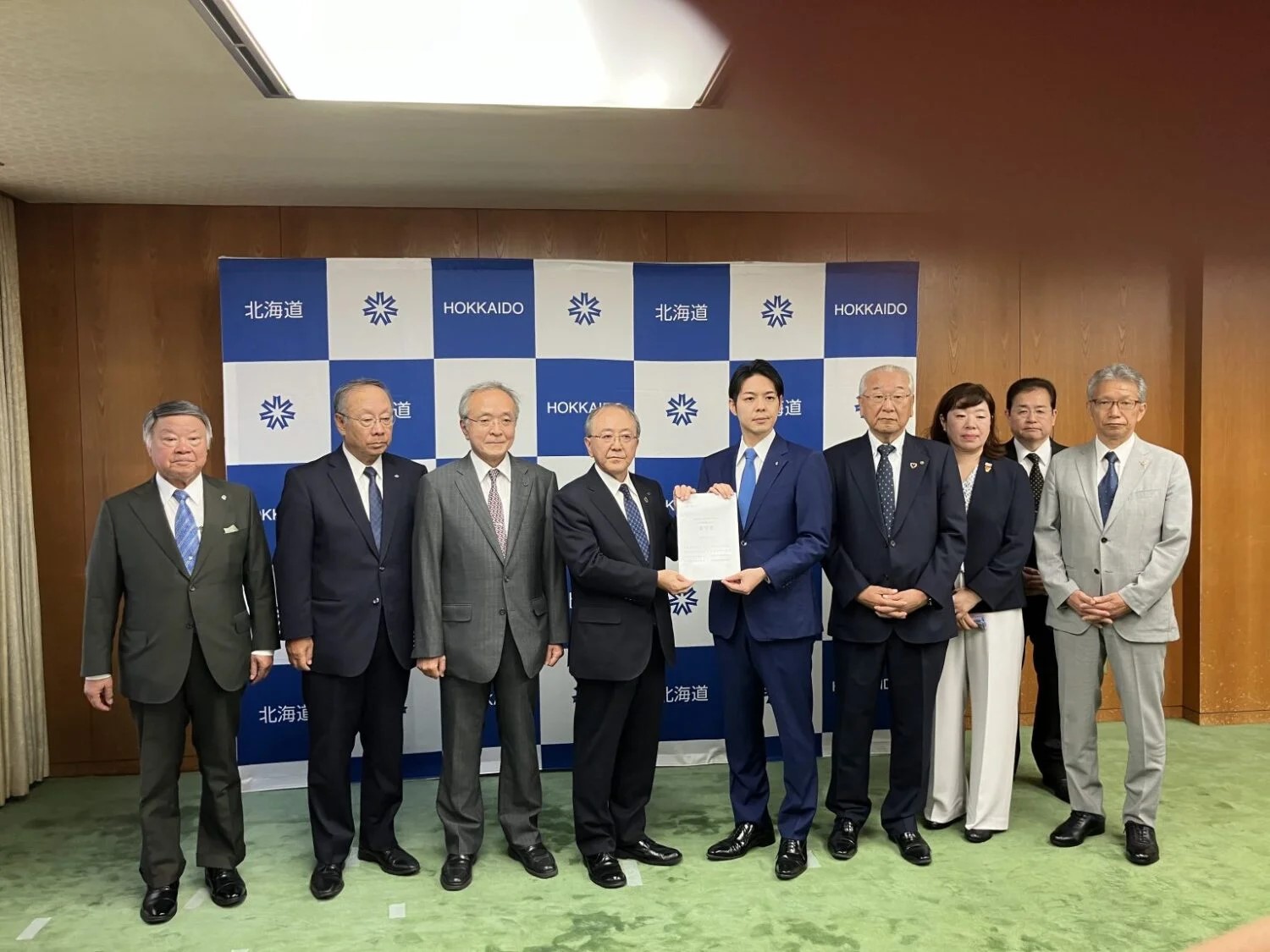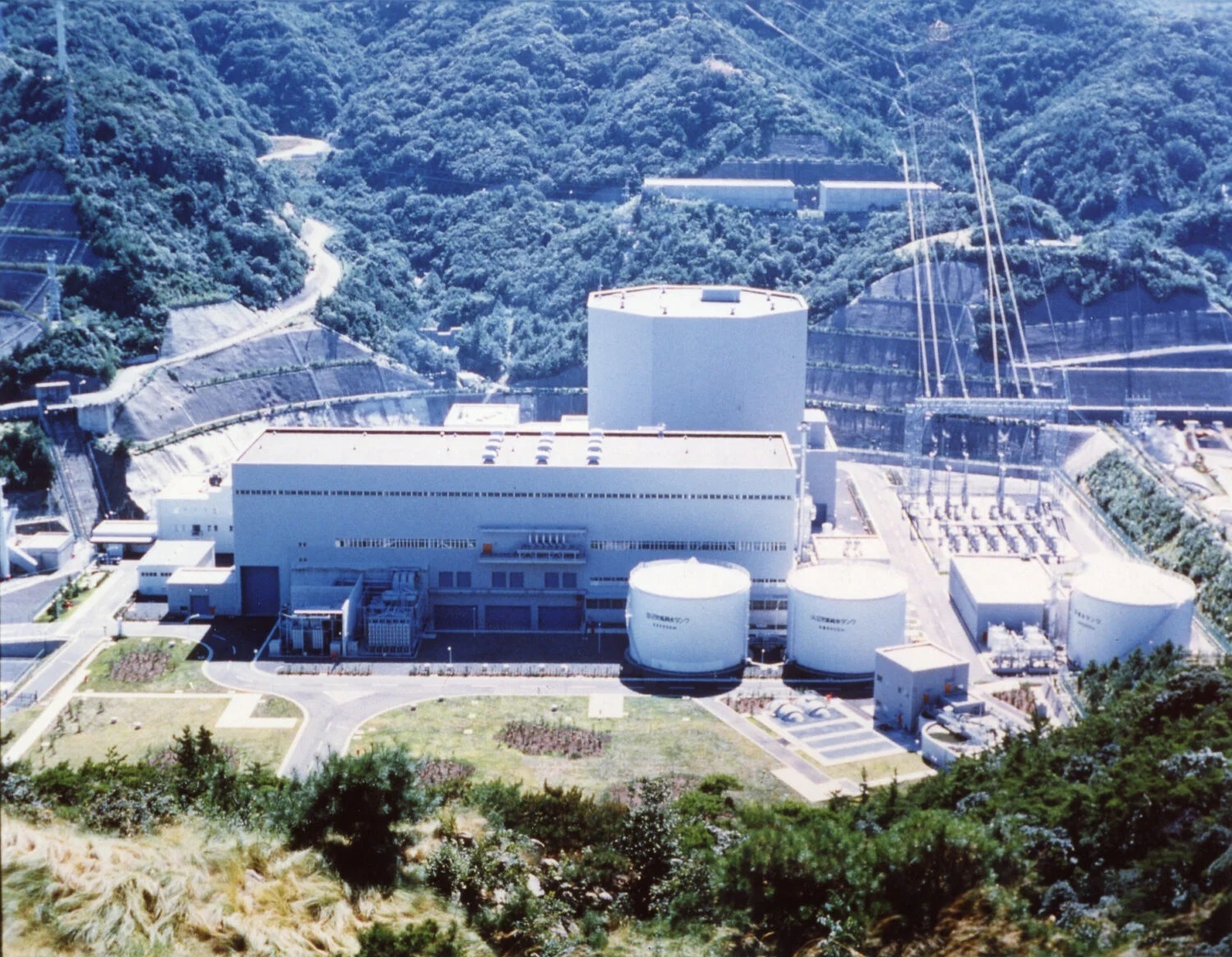Kansai EP had filed an application with the NRA for compatibility of the two units with the new regulatory standards in March, and another one for 20-year extensions (i.e., from 40 years to 60 years) of both units in April.
Both Units 1 and 2 — the first which has already operated beyond 40 years, and the second of which will mark 40 years of operation in November — are being allowed to continue their operation until July 7, 2016, as extraordinary cases under the revised Reactor Regulation Law. However, if the two units do not clear the two examinations by that date, they will likely be decommissioned.
Keeping that deadline in mind, NRA Chairman Shunichi Tanaka said that the examination schedule would be “very time-constrained,” and that the examinations would be “more intensive than usual.”
Meanwhile, at a meeting also held on May 13, NRA Commissioner Toyoshi Fuketa reported on his recent business trip to Switzerland, where he had the opportunity to meet and exchange views with the Swiss Federal Nuclear Safety Inspectorate (ENSI).
His talk focused on ENSI’s activities involving the Beznau NPPs (two PWRs, 380 MWe each), the oldest operating PWRs in the world. In regard to the future examinations of Takahama-1 and -2, the commissioner said that Japan could learn a lot from ENSI in terms of measures for aging plants.
Meanwhile, in contrast to the progress being made to extend the operation of two Takahama units, the operators of other Japanese NPPs in service for 40 years — five in total — have decided to decommission them, having been asked to determine their intentions by July.
The units in question are Tsuruga-1, owned and operated by Japan Atomic Power Company (JAPC), Mihama-1 and -2, owned and operated by Kansai EP, Shimane-1, owned and operated by Chugoku Electric Power Co., and Genkai-1, owned and operated by Kyushu Electric Power Co.
As far as Kansai EP’s Mihama-3 is concerned — the service period of which is the next longest after the five reactors just mentioned — the power company filed an application for a compatibility examination with the new regulatory standards in March. At the end of April, it announced that it would conduct a special inspection required to extend its operating period.
It is expected that Kansai EP will apply for permission to extend operation of Mihama-3 later this year.



-049.jpg)
.jpg)











